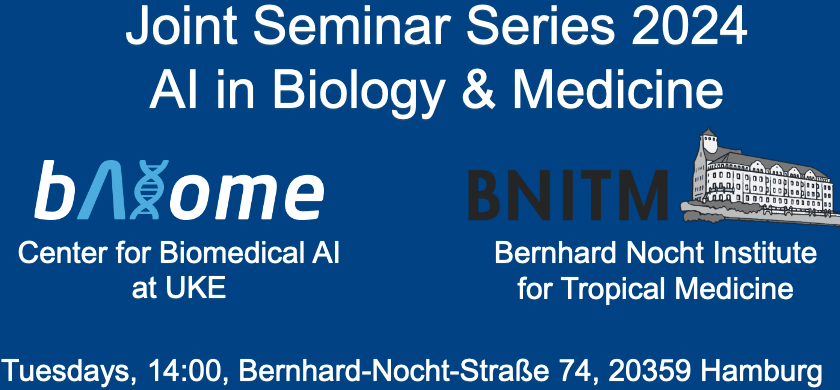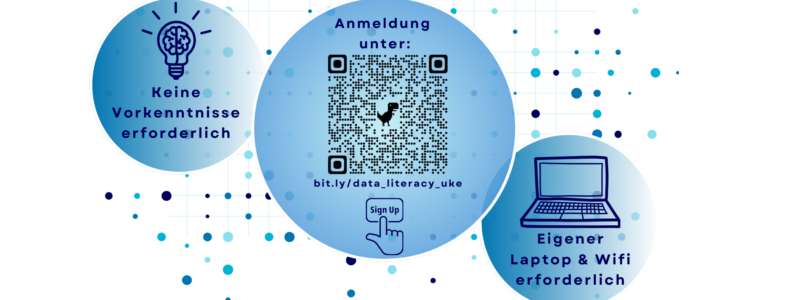machine learning
Events
People
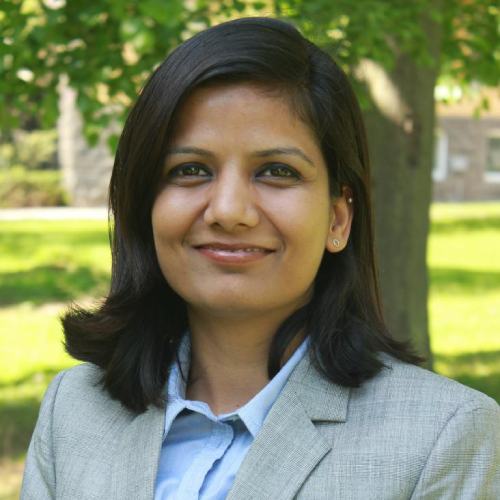
Deeksha Malhan
Scientific Researcher
Post Doc: Circadian Medicine and Systems Biology
deeksha.malhan@medicalschool-hamburg.de
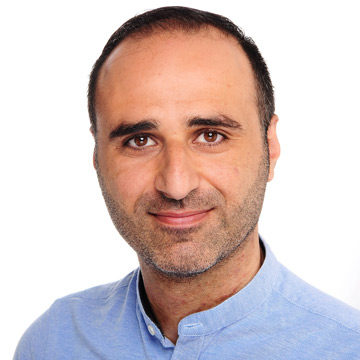
Hussein Mohammed
Principal Investigator, UWA
Computer Vision Scientist
hussein.adnan.mohammed@uni-hamburg.de
Institutions

bAIome-Center for Biomedical AI, UKE
bAIome is a nucleation point for biomedical AI research at University medical clinic Hamburg-Eppendorf (UKE).

CoSy.Bio - Institute for Computational Systems Biology, UHH
CoSy.Bio is a nucleation point for AI-driven translation of medical data into clinical action at the Universität Hamburg (UHH).
People
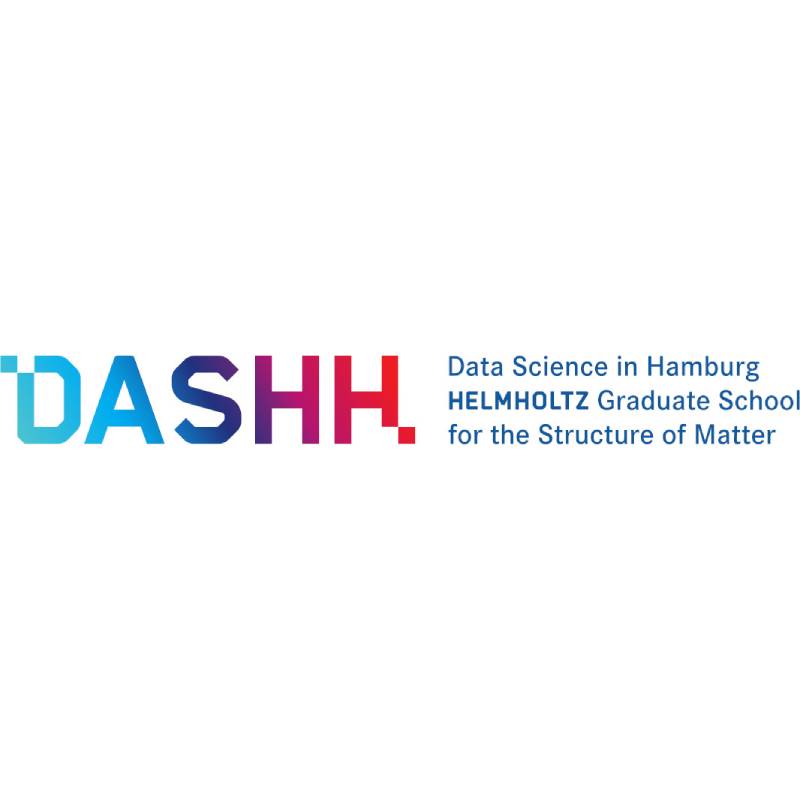
Data Science in Hamburg | Helmholtz Graduate School for the Structure of Matter, DESY & UHH & TUHH & HSU & HAW & Hereon & HZI & MPSD & EuXFEL
Helmholtz graduate school educating the next generation of international and interdisciplinary data scientists

Fraunhofer Center for Maritime Logistics and Services
Fraunhofer CML develops innovative solutions for the maritime sector and the maritime supply chain. We support companies and institutions from shipping, port management and logistics in initiating and implementing future-oriented technologies and processes.
People




